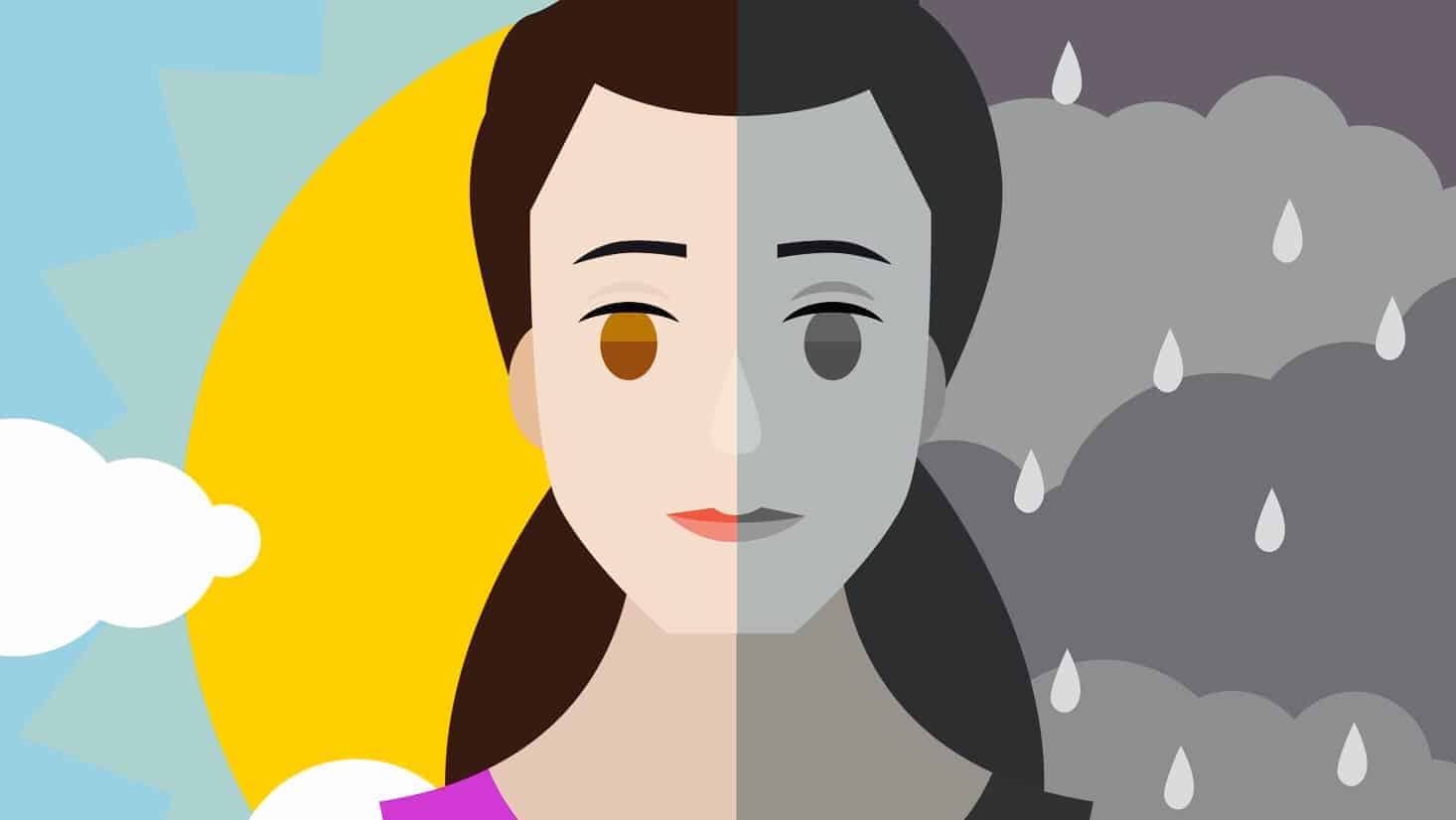“The difference between the almost right word and the right word is really a large matter – ’tis the difference between the lightning-bug and the lightning.” – Mark Twain
As human beings, we have crafted the astounding ability to use language. Language allows us to communicate openly and honestly with those around us. Language also allows us to wield power, to ignite laughter, so cause wars and to make peace. The words we use every day make changes to everyone we speak to. Whether those changes we make are positive or negative largely depend on our choice of words, and the way we use those words. Sometimes, our honesty may come across as cruelty.
Other times, our tough love can be read as disheartening. Word choice matters, not only to those around us but internally, as well. The words we choose to say or repeat can have just as much of an effect on ourselves as they do on other people. Especially when we are in a position of power over other people, just as a leadership role, or the role of a parent or guardian. When you are in that leadership role, no matter what it may people, people will look to you for guidance.
Making the right word choice can change someone’s course of action, their decisions and their lives. Here are several ways that the words we choose matter, and how choosing the right and wrong words in your day to day life mean something.
5 DIFFERENCES BETWEEN CHOOSING THE RIGHT AND WRONG WORDS
- MOTIVATION
Word choice can mean the difference between properly motivating someone to do their very best, and making them believe that they might as well not even try. This is true for all types of people, whether you are a leader talking to your workforce or a friend giving advice.
The words you choose can change a person’s internal drive and their ability to be properly motivated. Rather than allow your word choice to reflect negatively, you will want to take great care to make sure the words and phrases you use benefit someone’s motivation.
- PERSPECTIVE
Someone’s worldview can’t always be easily shifted. However, the right choices of words can change someone’s perspective drastically if they are open to the idea of change. The right word choice can help change their perspective for better or for worse. You may be one word away from turning someone’s pessimistic outlook into a positive one, or vice versa.
Perspective is an important part of someone’s ability to make decisions, and make choices that are beneficial to both them and those around them.
- EMOTIONS
Someone’s emotional state is just as important as their intellectual one. Emotions are what make us human, and someone who is in a positive emotional state is far more receptive that one who is in a negative state. Choosing your words carefully can help keep someone’s positive emotions to the forefront, or dreg up negative emotions.
A shift in someone’s feelings can lead to them either opening up to you, or closing themselves off- sometimes permanently. In the end, using your words in an uplifting, positive manner can do more good than letting yourself fall prey to the tempting use of “brutal honesty”.
- INTERNAL PERSPECTIVES
Even the words we use to talk to ourselves have impact on our lives. You may be speaking to someone else, but your own words can still have an effect. When we interact with people, we reinforce what we already believe, whether we mean to or not. Changing the words you use can help shift your own personal perspective to a more positive, energetic one. If you allow yourself to wallow in negativity, you will have an effect on everyone around you, not just yourself.
Changing your internal mantra from negative words to more positive ones will inevitably give you a more positive outlook on life.
- SELF-ESTEEM
Whether the self-esteem is someone else’s, or your own, the words we chose to use daily can have a great effect. Sometimes, this effect can be positive. Other times, it can be detrimentally negative. A snide comment from someone about your ability to work, or even something like the clothes you are wearing, can plummet your self-esteem and cause anxiety and second-guessing.
When you choose the wrong things to say, you are putting someone through the same pain and self-doubt that you would experience. Take your time to change your language and you can save both yourself and someone else a lot of grief.












 Community
Community

